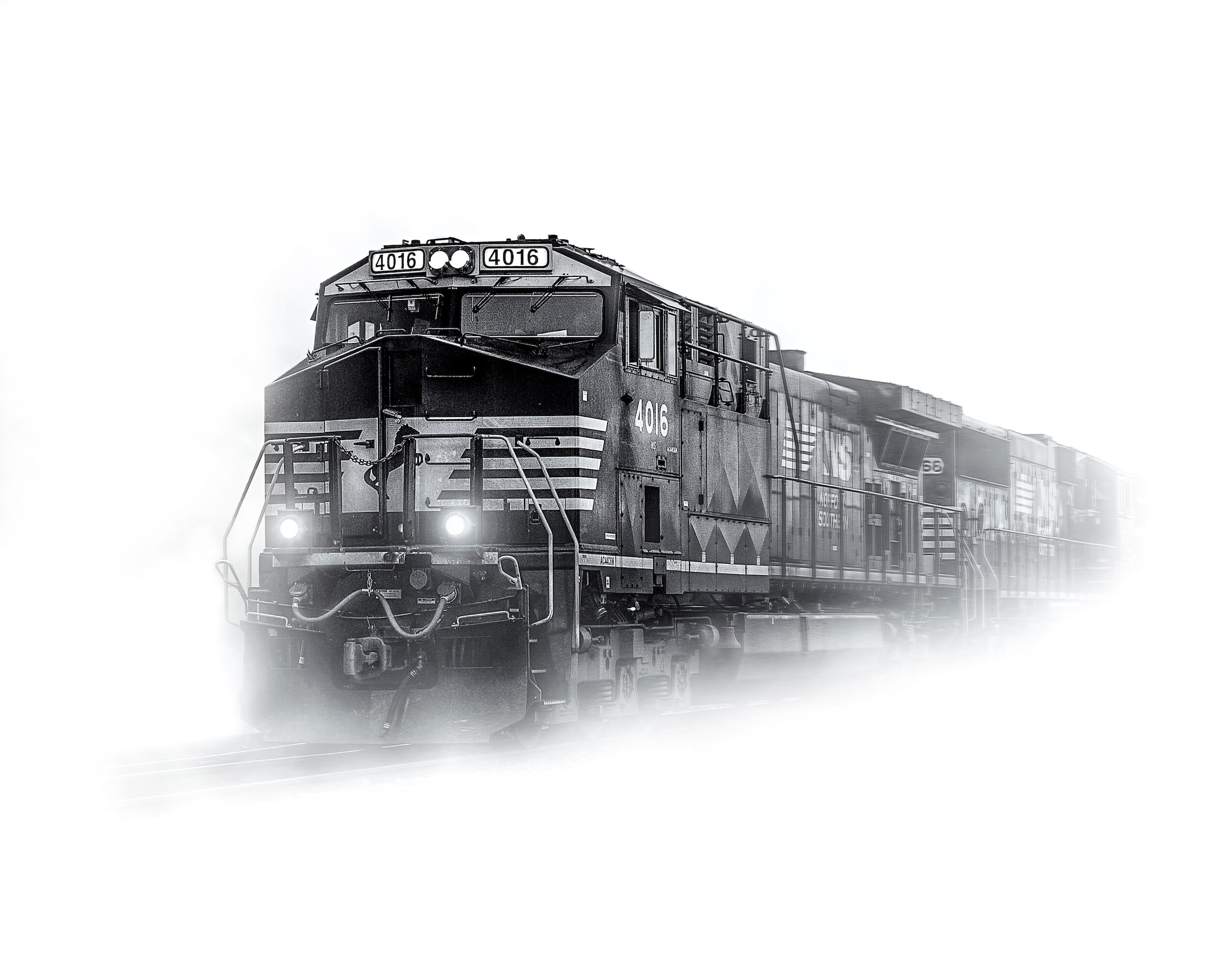Why Do People Love Trains?
If you ask a scientist why small children love trains so much, they’ll tell you it’s because of testosterone. After all, boy monkeys are also more likely to enjoy looking at things that move, studies have found. Like trains or balls.
That might explain things a little bit. But primal fascination with things that roll doesn’t explain a toddler’s fascination with smoke, steam, engines, pistons, railway lobbies, conductors and tickets.
The reason people love trains is at once simple, and complex, multifaceted, and singular. Trains, in many ways, encapsulate what it means to be human. Here’s why.
The Magic of Railways
Inside the heart of every little boy is a longing for adventure. Not commonplace adventures, like taking the car to the grocery store, or even the bus commute. They long for real adventure.
A train steams its way from out of nowhere. You can hardly see it in the distance, but you know it is coming. And then it is there, and it’s like nothing else around you, its thundering, powerful engine moving down the tracks.
It takes something commonplace (the city train station) and turns it into something extraordinary.
What Makes Trains Special?
In many ways, I feel like an outsider looking in on what makes trains so fascinating to people. While other boys were playing with trains I was reading Don Quixote and writing stories. Machines never fascinated me. Why do train enthusiasts get excited about passing through tunnels? Why are bridges a novelty? How do children spend hours at play with their wooden trains and yet always find excitement in them?
My own experience with trains is much different, and yet I have my own appreciation for them.
My Relationship With Trains is Unique
Many children who live in suburbs or even in cities in America may have little to no understanding of trains. Most of modern American travel happens in cars or for those lucky enough, on planes. I’m one of the few who had train travel exist as a very real thing in my life. My father took a train to work everyday. When I got my first writing internship in the city, I joined him.
For summer trips to Los Angeles in high school I took the train, and when I went to college I took the train over a 24 hour train ride each way. Passenger trains in America were real to me in a way they weren’t to far too many people.
Later in life, I would take the Eurostar train, or day trains on the line from London to Oxford, or speed through the Paris Metro. These trains are much, much different than American trains.
To many, however, trains aren’t beloved because they are apart of their memories, but because they are part of a memory far older than any of ours.
Once Upon a Time, Trains Changed Our Lives
It’s a strange trick of fate that the things that are one day new and exciting will later turn into something old and nostalgic. Steam engines were once the greatest innovation in the world, bringing with them fast change to a world that could now be more connected.
Today, steam trains are a relic of the past. The steam itself something to marvel at – an engine that looks as powerful as it sounds, with its thundering hooves and billowing snout. Perhaps in some collective memory, we understand the debt we owe to these machines.
Despite the diminished role they play in our lives, still they travel on, inviting us into a hidden world, and connecting us by reliable track to newer worlds we have yet to meet.
No matter the reason for your love of trains, there’s one thing that is certain. Trains are undoubtedly one of the most romantic things left to us in this modern world. Let’s hold onto them.

